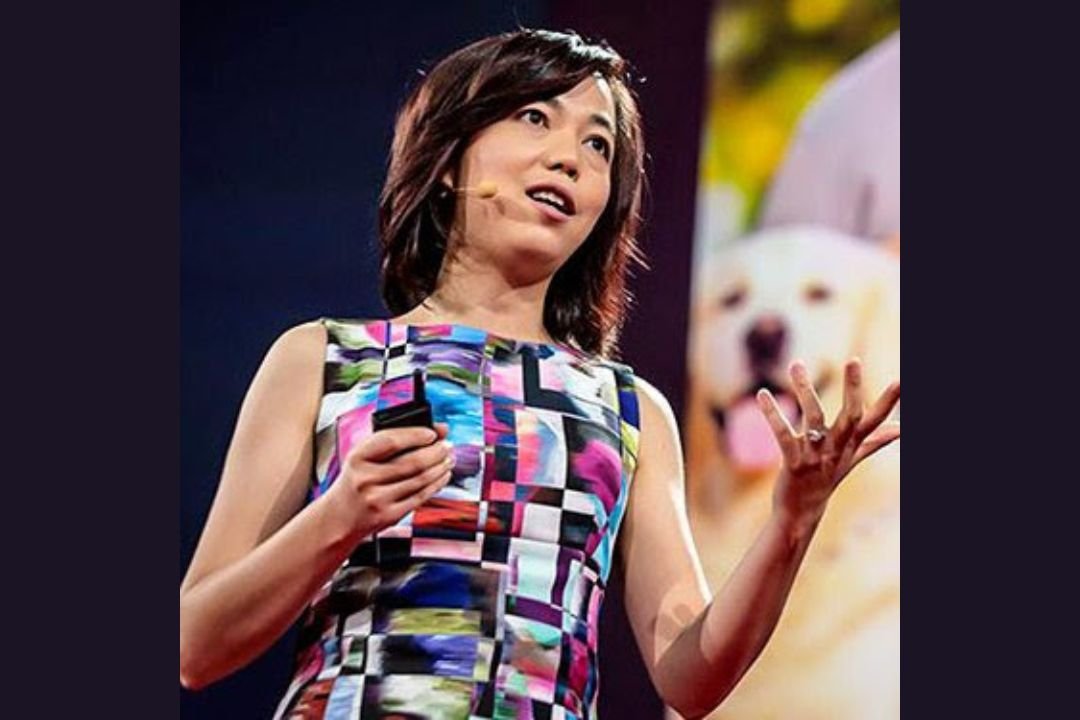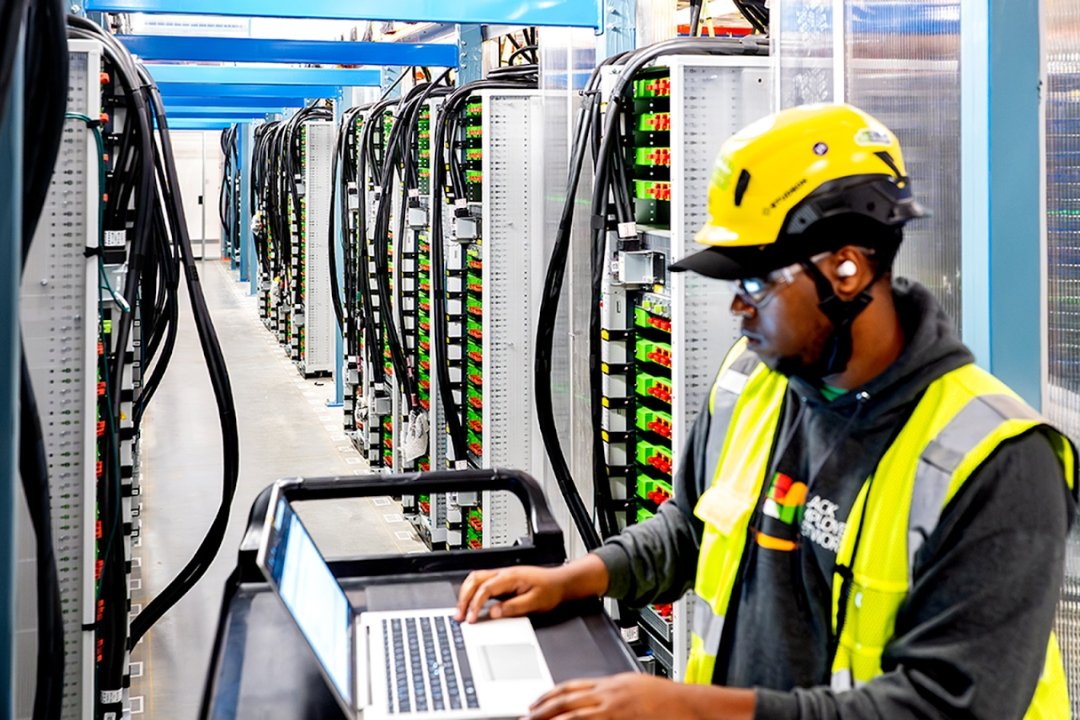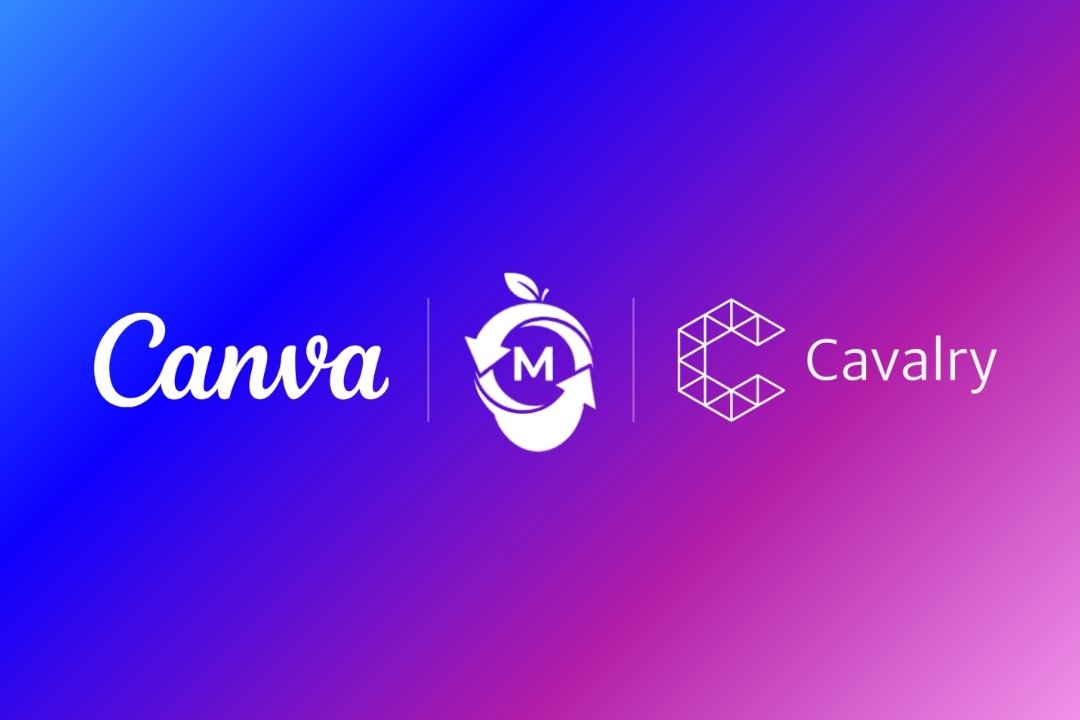Fei-Fei Li, a name synonymous with the rise of artificial intelligence, has once again placed herself at the forefront of technological innovation. Known for her revolutionary work on ImageNet, a dataset that transformed computer vision in the 2010s, Li has taken her expertise to new heights with World Labs, a company she co-founded to push the boundaries of AI. This venture focuses on spatial intelligence, exploring how AI can engage with and understand the physical 3D world—a bold step forward in the evolution of artificial intelligence.
Recognized as a leading voice in AI
Li’s contributions to the AI industry have not gone unnoticed. In 2023, she was recognized in Time magazine’s 100 Most Influential People in AI and was honored with the Intel Lifetime Achievements Innovation Award. This recognition came as no surprise, as Li’s career has been marked by numerous accolades, including her election to the National Academy of Engineering, the National Academy of Medicine, and the American Academy of Arts and Sciences.
Beyond her academic and professional achievements, Li has also taken on global responsibilities. In August 2023, she was appointed to the United Nations Scientific Advisory Board by Secretary-General António Guterres. This prestigious role positions Li as a key figure in shaping the future of AI on a global scale, highlighting her enduring commitment to the responsible and ethical development of AI technologies.
Taking a sabbatical: A moment of reflection
In an unexpected move, Li decided to take a step back from her role at Stanford University, where she has long been a leading researcher. She embarked on a two-year sabbatical at the start of 2024, which will last until the end of 2025. However, this break is far from a retreat. Instead, Li has redirected her energy into World Labs, where she is working on Large World Models (LWMs)—AI systems designed to perceive, generate, and interact with the three-dimensional world.
Li’s decision to focus on the 3D capabilities of AI marks a natural progression from her earlier work on ImageNet, expanding the horizons of machine learning and AI’s capacity to comprehend the physical world.
World Labs: Redefining AI’s capabilities
Despite being a relatively young company, World Labs has already captured the attention of major investors. In two funding rounds, the company has raised close to $100 million, with significant backing from venture capital giants such as Andreessen Horowitz and Radical Ventures. The latter has a personal connection to Li, who joined as a partner in 2022.
The technology Li is pioneering at World Labs aims to move AI beyond its traditional 2D limits, pushing it into the realm of 3D perception and interaction. This ambitious goal builds on Li’s extensive research in AI and computer vision and seeks to create systems that can understand and interact with their environment in a way that mirrors human reasoning. The potential applications are vast, from robotics to augmented reality, and represent a significant step forward for AI technologies.
Tackling AI’s ethical challenges
As the field of AI advances at an unprecedented pace, ethical considerations have become a growing concern. Throughout her career, Li has championed the importance of responsible AI development, a principle she continues to uphold at World Labs. Her leadership roles at Google Cloud and her advisory work with a White House task force on AI ethics underscore her commitment to ensuring that technological advancements are made with an awareness of their potential societal impacts.
This sense of responsibility extends to her work with AI4ALL, a nonprofit organization she founded to promote diversity and inclusion in AI. Li’s advocacy for ethical AI will undoubtedly shape World Labs’ approach to its groundbreaking technology, ensuring it navigates the complex regulatory landscape while keeping societal welfare at the forefront.
The gender gap in AI: Progress, but work remains
While Li’s achievements are extraordinary, her success is part of a much broader issue in AI: the gender gap. Globally, only 22% of AI professionals are women, a stark reminder of the inequality that persists in the industry. Despite this, female representation in AI has seen a modest increase of 5% over the past decade, with approximately 66,000 women now working in the field out of an estimated 300,000 AI professionals worldwide.
The progress, though encouraging, highlights the importance of continued efforts to bridge the gender divide in technology. As a trailblazer in the industry, Li’s career serves as both an inspiration and a call to action for more gender diversity in AI, ensuring that the industry benefits from a wider range of perspectives and talents.
Fei-Fei Li’s journey, from the creation of ImageNet to her work at World Labs, reflects her unrelenting drive to push the boundaries of AI technology. As she leads the charge into 3D AI, the world watches in anticipation of the innovations that will come from her latest venture. Balancing technological advancement with ethical considerations, Li’s work is not just about what machines can achieve, but how they can contribute to a better, more equitable future. For an industry still grappling with diversity challenges, her story is a beacon of what is possible, and a reminder that the future of AI must be inclusive for it to truly succeed.










